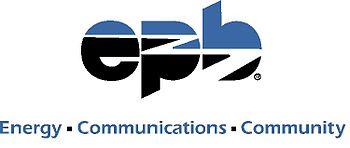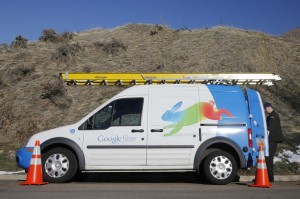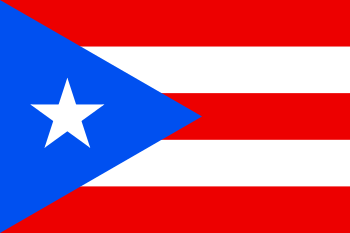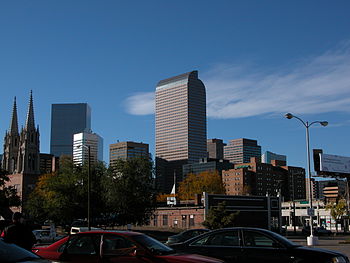by Dave Flessner
A new study suggests that EPB‘s fiber optics has helped generate at least 2,800 new jobs and added $865.3 million to the local economy by cutting power outages, improving Internet links and attracting businesses to the “Gig City.”
The study by University of Tennessee at Chattanooga Economist Bento Lobo found that since its introduction six years ago today, EPB’s smart grid and first-in-the-nation citywide gigabit Internet service has helped local education, health care, business, arts and culture and municipal services. The smart grid is estimated to have avoided 124.7 million customer minutes of interruptions by better detection of power faults and better methods of rerouting power to restore service more quickly than in the past. Continue reading









